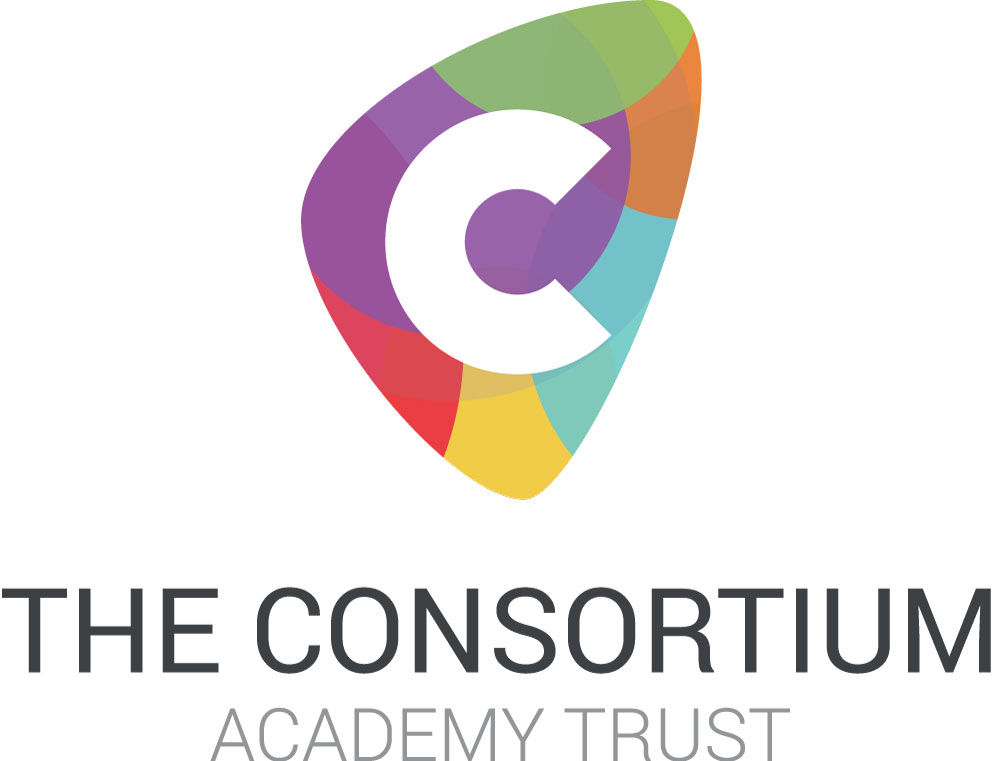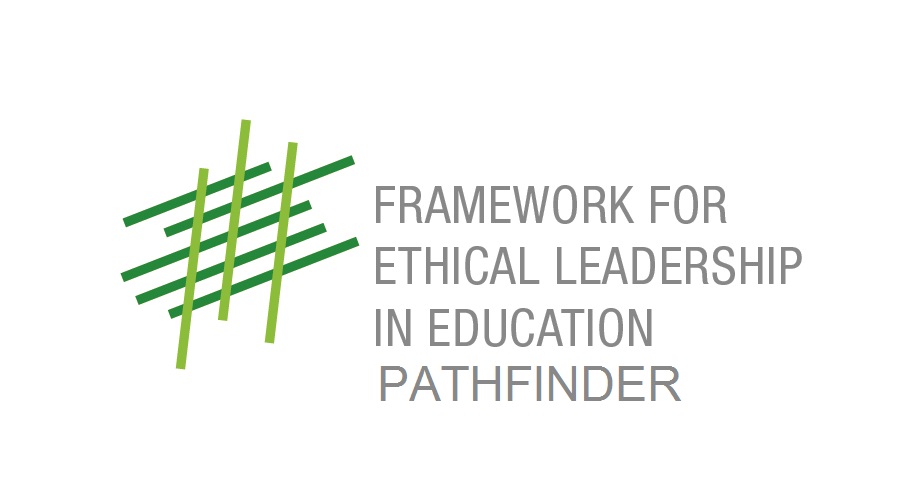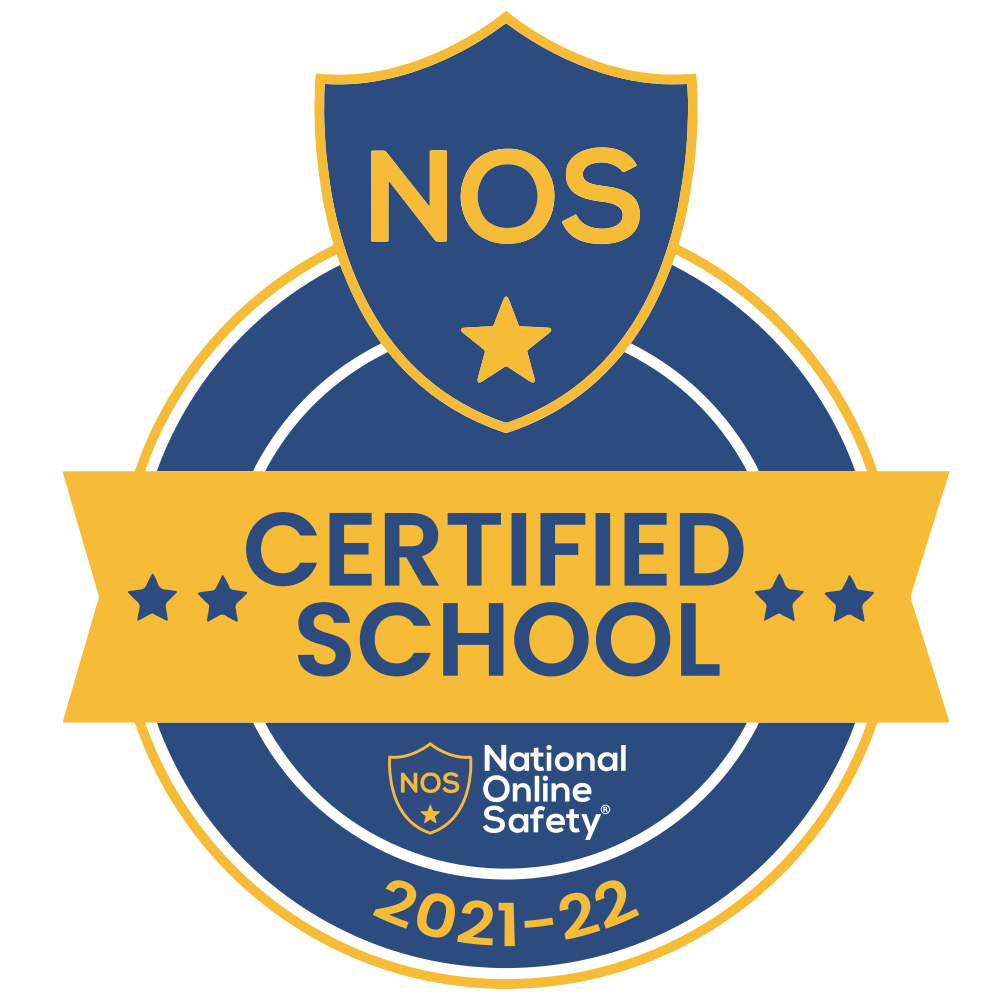Maths
The Maths faculty has been a high performing subject for many years. Maths is also a popular choice at A-level. We offer Further Maths at both GCSE and A-level to the highest achieving students.
The GCSE course is split into two tiers, Foundation and Higher. A student’s tier of entry will be decided during the course based on their performance in assessments and their target grades.
| Staff | Position |
|---|---|
| Miss Arnett | Director of Faculty |
| Miss Mawer | Deputy Head of Faculty |
| Mrs Prate | Assistant Head of Faculty |
| Mr Ziemski | Teacher |
| Miss Dunn | Teacher |
| Mr Watters | Teacher |
| Miss Laud | Teacher |
| Mr Price | Teacher |
Key Stage 3
|
Year 7 |
Year 8 |
|
Place Value Four Operations Negative Numbers Decimals BIDMAS Types of Number Highest Common Factors Lowest Common Multiples Rounding Upper and Lower Bounds Equivalent Fractions Mixed Numbers Ordering numbers including fractions Four operations of fractions Percentage increase and decrease Converting between fractions, decimals and percentages Compound growth and decay Simplifying ratio Using ratio Dividing into a given ratio Problem solving with ratio Proportion Indices Standard Form Surds Rationalising the denominator |
Simplifying Expressions Expanding brackets Factorising Types of data Averages Interquartile Range Fractional and negative indices Solving equations Writing equations Substitution Writing formulae Rearranging formulae Angle properties Converting metric units Estimation Perimeter of 2D shapes Area of 2D shapes Two way tables Pie Charts Frequency polygons Histograms Cumulative frequency Box plots Time series Scatter Graphs |
Additional resources to support learning in Key Stage 3 Maths:
Encourage your child to:
· Complete revision sheets in the lead up to end of term assessments. Complete extra work on areas where support is needed.
· Access MathsWatch to support classwork, homework and areas of development from assessments.
· Access the PiXL Maths App for additional support.
· Attend the after school revision sessions at the Maths Clinic.
Where required, passwords have been provided to students directly. For further support please contact the school.
Key Stage 4
Aims of the course:
A determined and enthusiastic approach to the study of Maths produces independent, resilient people who are well prepared for the challenges of life. We hope that all our students will become good problem-solvers who have a real thirst for knowledge and understanding.
We aim to give a high level of support in class, at break and lunch times, during revision sessions and Maths Clinic, so that all students of every ability can achieve or surpass their targets.
We want to stretch our students so that they aim high, take responsibility for their own learning, and gain the mathematical skills needed to either study the subject further or to succeed in another area.
Course content:
|
Sequences Equations of linear lines Parallel and perpendicular lines Pythagoras’ Theorem Reflections Rotations Translations Enlargements Factorising to solve Quadratic, cubic, reciprocal and exponential graphs Simultaneous equations Circle graphs Inequalities
|
Regions Iteration Functions Probability Tree Diagrams Trigonometry Real life graphs Venn Diagrams Direct and Inverse Proportion Scale Drawings Bearings Constructions Loci Algebraic Fractions Plans and Elevations Isometric Drawings Nets
|
Volume of 3D shapes Surface are of 3D shapes Rate of flow Density, mass and volume Pressure, force and area Distance-time graphs Velocity-time graphs Congruency Length, area and volume scale factors of similar shapes Vectors Circle Theorems Transforming graphs |
Assessment:
There are three exam papers:
Paper 1 – Non Calculator. It lasts 1 hour 30 minutes.
Paper 2 - Calculator. It lasts 1 hour 30 minutes.
Paper 3 - Calculator. It lasts 1 hour 30 minutes.
Additional resources to support learning in GCSE Maths:
Encourage your child to:
· Complete revision sheets in the lead up to end of term assessments. Complete extra work on areas you need support on.
· Access MathsWatch to support classwork, homework and areas of development from assessments.
· Access the PiXL Maths App for additional support.
· Attend the after school revision sessions at the Maths Clinic.
A range of resources can also be found on:
https://mathsmadeeasy.co.uk/gcse-maths-revision/
We also recommend the purchase of revision guides through the school to further assist students’ work outside the classroom.
Where required, passwords have been provided to students directly. For further support please contact the school.
Sixth Form Courses
A Level Maths (AQA)
Aims of the course:
This course is aimed at students who gained a grade 7 and above at GCSE and those who enjoy mathematics, particularly the algebraic components.
Mathematics is challenging, rewarding and fun. It is both logical and creative and is one of the best subjects for developing your critical thinking, reasoning and problem solving skills.
Course Content:
Pure
Core Mathematics – Proof, Algebra, Trigonometry, Exponentials/Logarithms, Differentiation, Integration and Vectors.
Applied
Mechanics – Quantities and units, Forces and Newton’s Laws, Kinematics and Moments.
Statistics
Statistical Samples, Data presentation and interpretation, Probability, Statistical Distribution and hypothesis testing.
Assessment:
There are 3 exam papers which are 2 hours each.
A Level Further Maths (AQA)
Aims of the course:
The course is aimed at students who gained a grade 8 and above at GCSE. Students are required to study A-level Mathematics.
For someone who enjoys mathematics this course provides a challenge and chance to explore new and more sophisticated mathematical concepts. Studying further mathematics consolidates and reinforces your standard A-level work.
Course Content:
Core Pure Mathematics
Proof, complex numbers, matrices, further algebra and functions, further calculus, further vectors, polar coordinates, hyperbolic functions and differential equations.
And optional modules:
Further Mathematics
Such as Taylor’s series, parabolas/loci, vectors product and 1st/2nd order differential equations.
Assessment:
There are 4 exam papers; 2 of which are compulsory. All papers are 1 hour 30 minutes.






